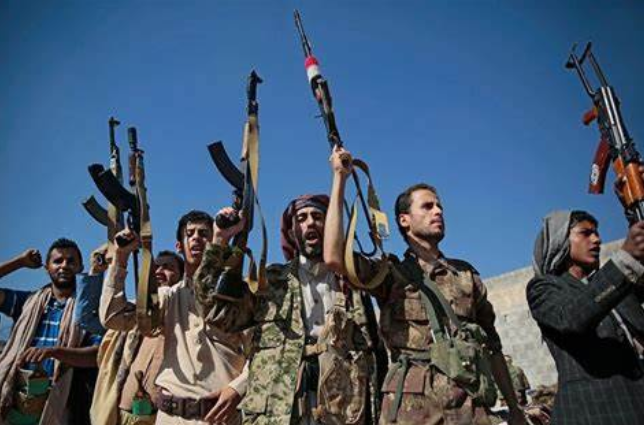Since October 7th, the Middle East has been in a state of turmoil. What initially started as one of many proxy wars between Israel and Palestine has since snowballed into an issue spanning all the way across the region, one of the biggest players now being Iran and its multitude of militias. One of these militias is the Yemen based ‘Houthi movement.’

The Houthi movement, named after its founder Hussein al-Houthi, has been receiving a lot of global attention recently due to their activity in the red sea. Since January, they have been repeatedly attacking ships travelling through the Red Sea on the way to Israel, in support of Hamas, falling in line with the group’s historical hatred of the Jewish state. Their slogan features the phrases: ‘Death to Israel’ and ‘Curse upon the Jews.’ This was a move heavily influenced by Hezbollah, another Iran backed militia, this time out of Lebanon.
In response to this offense upon Israel and disruption in international trade, the US in partnership with the UK have decided to begin a ‘de-escalatory bombing campaign.’ As of 3rd February, they have fired three rounds of missiles into Yemen – an action which the Houthis vow to respond to and which has been denounced by Iran. But who are these Houthis and what role do they play in Yemeni politics?
The Houthis are a political and military group following Shia Islam, the second largest branch of the religion, followed by 10–15% of Muslims worldwide. They emerged from Yemen in the 1990s in opposition to Ali Abdullah Saleh (president at the time) who was accused of corruption and being backed by Saudi Arabia and the US.
Now being run by Abdul-Malik-Al-Houthi, after his brother and the previous leader’s assassination in 2004, the Houthi cause was put towards the 2011 Yemeni revolution against unemployment, economic condition, and corruption, furthermore, pushing for Saleh to step down Saleh to step down. But the Houthi’s real move would come in 2014, when in a newly repaired relationship with a very bitter Saleh, they took control of the capital city.
This prompted a Saudi-led intervention in the country to attempt to restore the internationally recognised government, prompting an ongoing civil war in the nation. The Houthis currently control 80% of Yemen’s population and areas still in conflict with the Saudis and the UAE.
Returning to the current situation at hand, despite the relentless attacks by the UK and US, the Houthis show no sign of slowing down. They share a similar perspective with lots of the Middle East: they want Israel gone, along with the American intervention that comes with it. This attitude means, Houthi support has already gone up in response to their attacks.
Despite this, there is an underlying fear in the Middle East, and the rest of the world for that matter, that these attacks could escalate further, leading to the spread of conflict. Especially with America’s military might and their recent attacks on Iran, the initial fear that the Israel-Palestine fighting could spread seems to already be coming to fruition.

